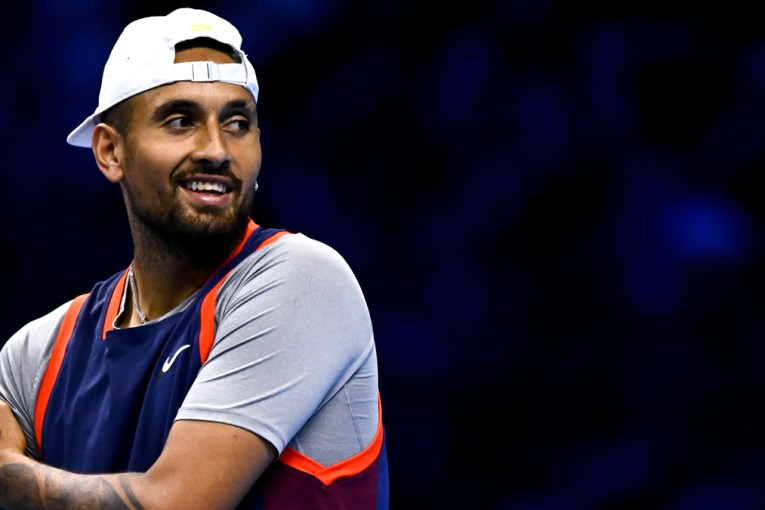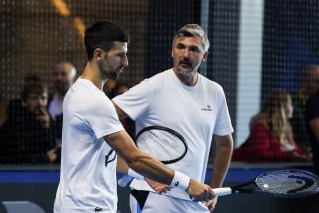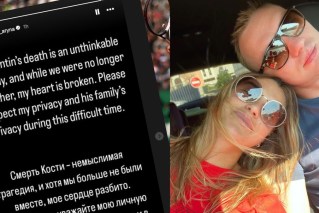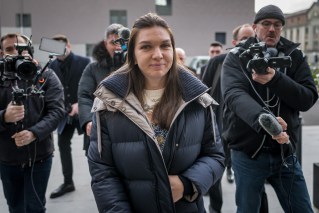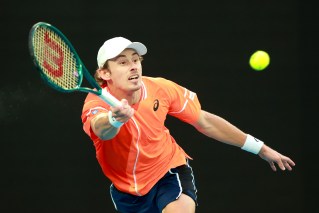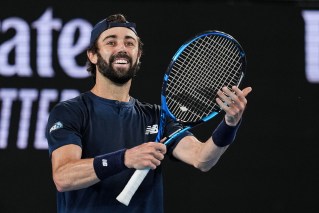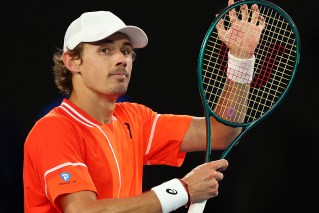Tennis match fixing: How it has become ‘very easy’ for players

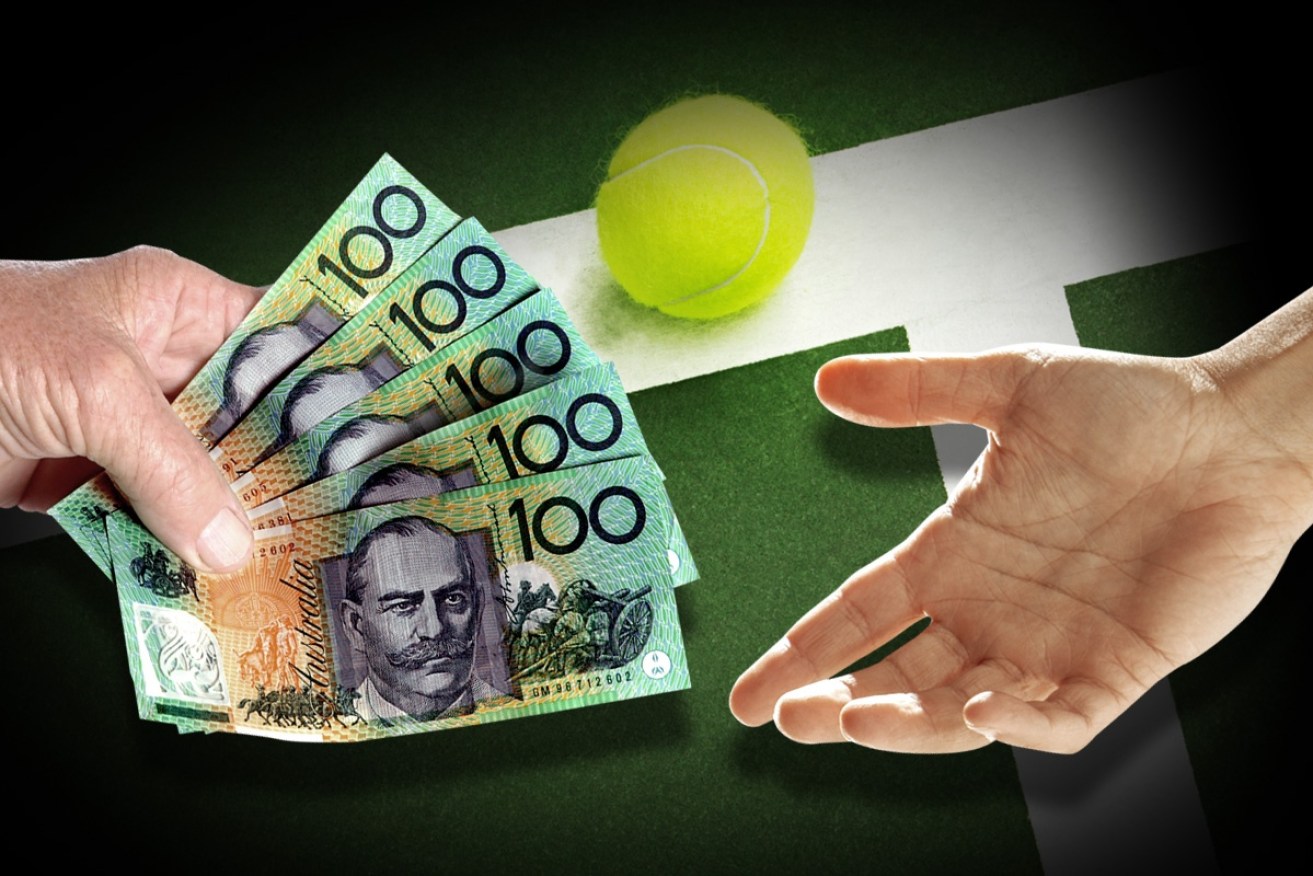
Match fixing is a major problem for tennis at the moment. Photo: The New Daily
Once again, the lead-up to the Australian Open has been marred by talk of match fixing.
On Tuesday, Aussie Nick Lindahl was banned from tennis for seven years for fixing a 2013 match, while last year’s Australian Open boys winner, Brisbane teenager Oliver Anderson, was last week charged with engaging in conduct that corrupted a betting outcome.
The news followed the 2016 Australian Open being damaged by news of a BBC-Buzzfeed investigation that alleged widespread corruption in the sport.
Paul McNamee – who won five major titles, all in doubles, and reached the semi-finals of the Australian Open singles in 1982 – formerly ran our grand slam.
And he says he can see how players struggling to make ends meet could throw matches.
“It’s not that hard for a player. It’s a two-horse race, it’s not a team sport,” he told the ABC.
“It’s very easy to throw a set or lose a service game or serve a couple of double faults and the temptations are huge.
“If you’re not known, if you’re living in poverty and you’ve got nothing to lose, then guess what?
“You’re going to be desperate and do something stupid that you’ll regret for your whole life.”
In the aftermath of last year’s fixing allegations, the likes of Novak Djokovic and Australian Thanasi Kokkinakis revealed they had been approached to fix matches.
In March, a Four Corners investigation showed over 40 matches in a three-month period in 2015 were being flagged for fixing, while just last month, Spanish authorities detained 34 people, including six players, concerning fixed matches in the nation and in Portugal.

Thanasi Kokkinakis in action for Australia at the Olympic Games. Photo: Getty
How does it happen?
Players can be offered significant amounts of money to throw sets or matches and Austrian Daniel Koellerer, who was banned for life for match fixing in 2011, told the BBC it is possible to throw a match without anyone realising.
Koellerer denies he fixed any matches and had a fine attached to his life ban overturned after the Tennis Integrity Unit found he did not financially benefit from his alleged fixing.
“In Chennai, they [fixers] offered me $US50,000 ($A67,750) to lose to [Nikolay] Davydenko in the first round and in Paris, they offered me double money to lose in straight sets and also a bigger amount than $US50,000 against [Janko] Tipsarevic in Moscow,” he said.
“I didn’t even think about fixing the match and taking the money.
“[But] as a tennis player, you cannot believe how easy it is to play the ball next to the line, but not in the field, out. No one from 10,000 people watching the match will realise if this match is fixed or not.
“So you just play two sets, lose 6-4 6-4, get one break, serve a double fault in the game where you get the break and the thing is done.”
How can it be stopped?
McNamee believes players potentially encouraged to fix matches would be deterred if more prize money was on offer for the qualifying rounds of grand slams.

Austrian Daniel Koellerer was banned for match fixing but denies the charges. Photo: Getty
A player who loses in the first round in both the men’s and women’s singles will take home $50,000 at the 2017 Australian Open, up from $38,500 in 2016.
The mark increases significantly from there, with a $50million* combined prize pool on offer for players, but McNamee wants those who make it through qualifying at all grand slams to get $20,000.
“The qualifying is where the grand slams, who are in a leadership position, can take a leading role,” he told the ABC.
“I’d love to see the qualifying prize money tripled.
“Then you’d have another 100 guys and 100 women able to make a living and not be seduced by any temptations that are out there.”
On Wednesday, the Tennis Integrity Unit banned Romanian Alexandru-Daniel Carpen for life after he admitted approaching another player in 2013 to see if he was interested in fixing a match for payment.
*This article initially said $A100 million was up for grabs for players. This is incorrect – and has been changed.
